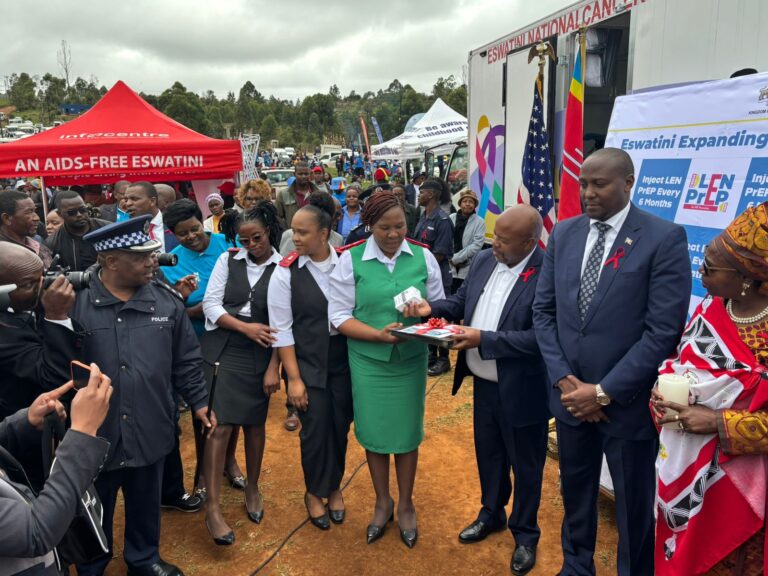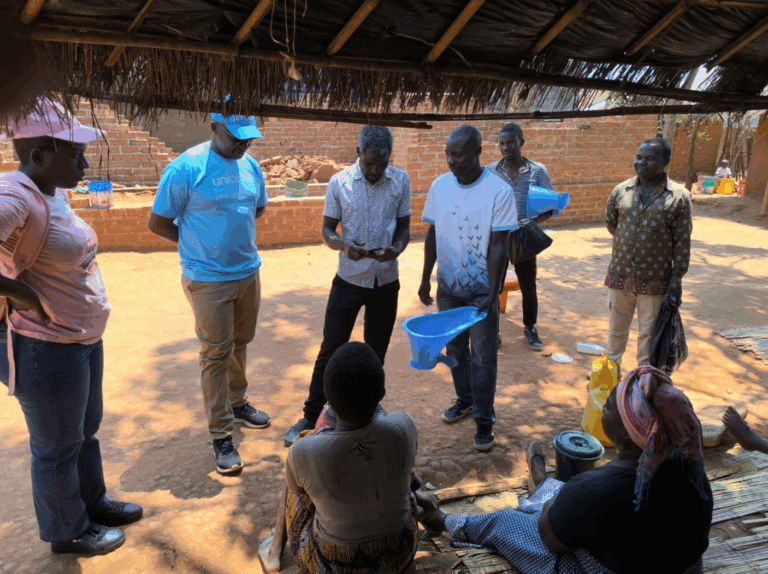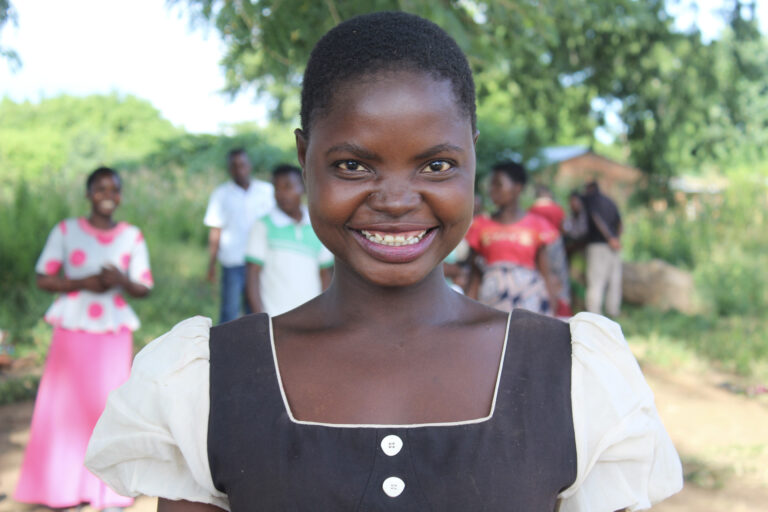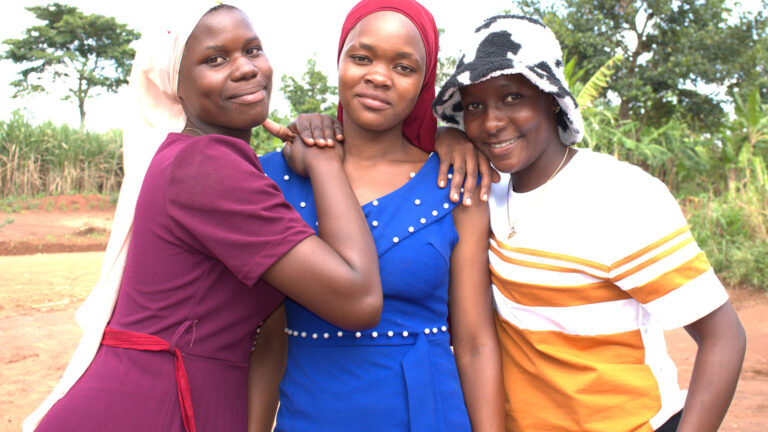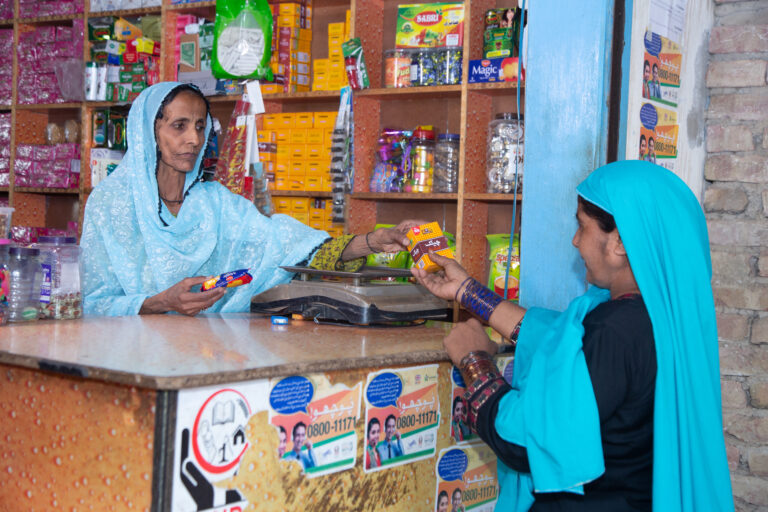Climate Change and Health

Our health is intricately linked to the health of our planet. Climate change has a wide-ranging impact on health, ranging from infectious disease to food insecurity, heat and pollution-related illnesses, and injuries and death caused by extreme weather events. It also disrupts health systems and access to medical services that exacerbate health challenges.
Adapting is key – all with the urgency of now.
The PSI global network is responding to stay ahead of the challenge.
“Health consumers everywhere need all of us to help ensure the good health of the planet so they can keep choosing good health for themselves, their families and their communities.”
- Karl Hofmann, President HealthX Partners
Adapting to
climate change
Across contexts and health areas, the PSI global network is responding to stay ahead of the challenge and on top of our commitment: delivering quality, accessible, and affordable care to people – even amidst a changing climate.
There’s no doubt: climate change will significantly impact the distribution and prevalence of malaria – with differing impacts on the parasite, the parasite-carrying a mosquito, and the humans at risk of contracting the disease. While the effects will vary by country and region, we know: adaptations will be needed – across the board.
What have we learned? How are we adapting? We share.
Read more
By segmenting markets to understand what technologies are appropriate for different geographic areas, to working with governments to establish quality standards that protect the water table, and introducing new on-site containment and treatment technologies, PSI builds resilient sanitation markets that mitigate the environmental impact of sanitation and adapt to the challenges posed by climate change now and in the future.
Read more
While self-care can never fully replace the need for in-person support, self-care technologies – including diagnostics, devices, drugs, and digital health solutions – are equipping individuals to self-manage their health during (and beyond) climate-induced crises. In partnership with UNITAID and CIFF, PSI shapes markets for self-care and establishing resilient supply chains, expanding access to healthcare by putting technologies directly in the hands of everyday people.
Our work spans self-testing for HIV, hepatitis C and B, COVID-19, and pregnancy, self-injectable contraceptives, self-sampling for cervical cancer and STI screening, self-managed abortion, among other self-care technologies. We explain here.
Read more
Girls’ agency is a prerequisite for effective action against climate change. Implementers and policymakers, therefore, need a simple framework now to center girls – their voices and experiences – as we collectively adapt to a changing climate. Drawing from learnings from our flagship adolescent contraceptive program A360, we propose focusing both on shifting social norms and building up girls’ internal capabilities to support girls to take ownership of their health and lives—beyond any single, siloed health area.
Read more
Our Approach
to Managing the health risks of climate change
We make healthcare systems more resilient
By improving surveillance and planning for climate-related shocks, responding to changing patterns of infectious disease, training front-line health workers, deploying innovative digital tools, and promoting self-managed care.
We inform, educate, and elevate the voices of the people we serve
We use partnerships with community networks and our experience in social and behavioral change and human-centered design to support adaptation and mitigation interventions.
We advocate for the inclusion of health into national climate strategies
By partnering with ministries of health and key stakeholders.
PSI IS
taking climate action
When it comes to climate change, PSI is walking the talk! We have joined the Climate Accountability in Development collective and committed to reducing our greenhouse gas emissions by 30% by 2030.
Our
Experts
Latest
Updates
Discover what's happening at PSI
